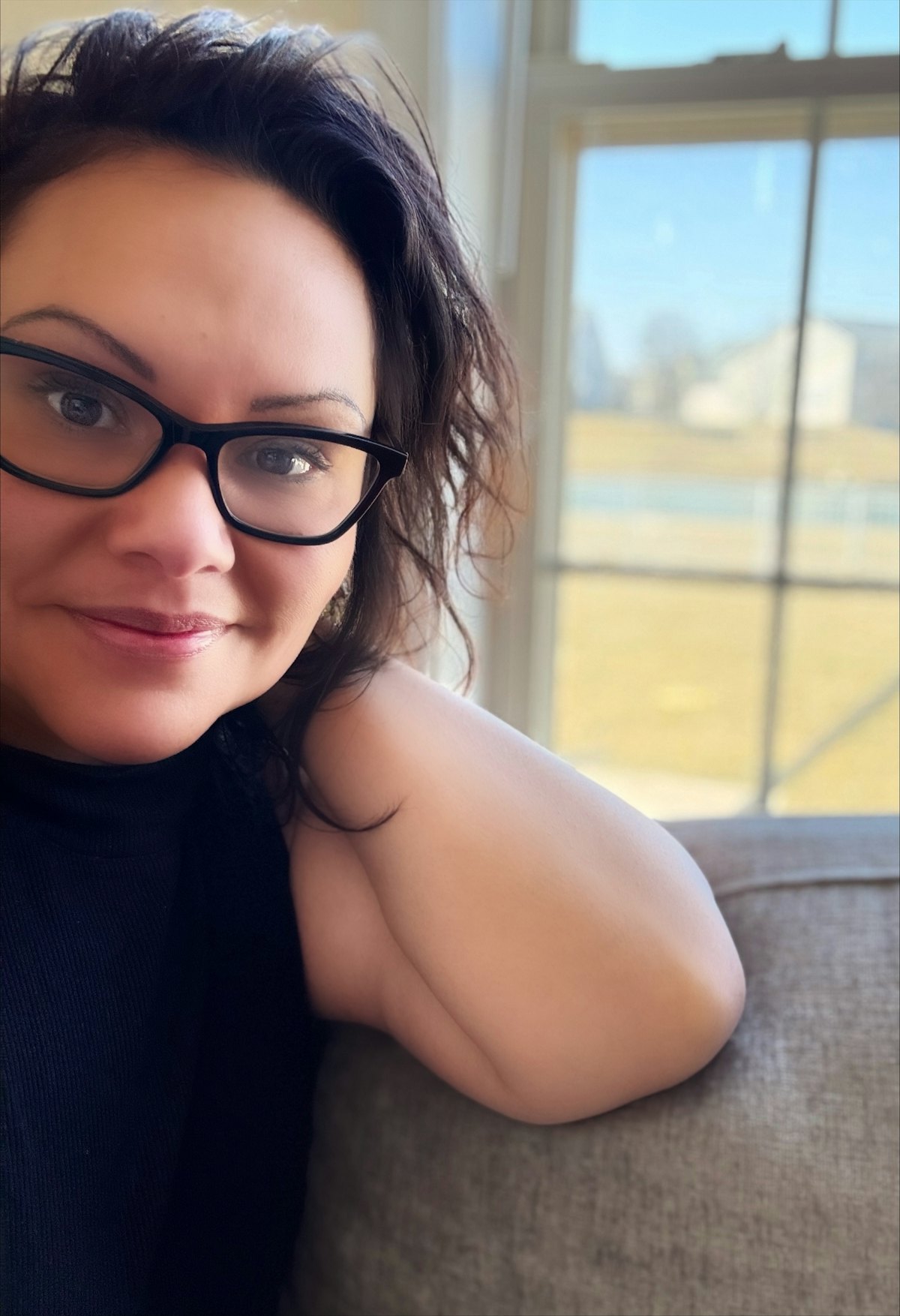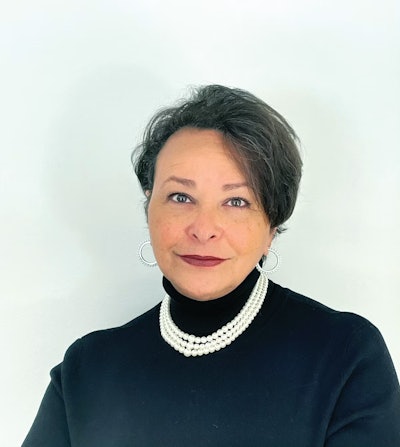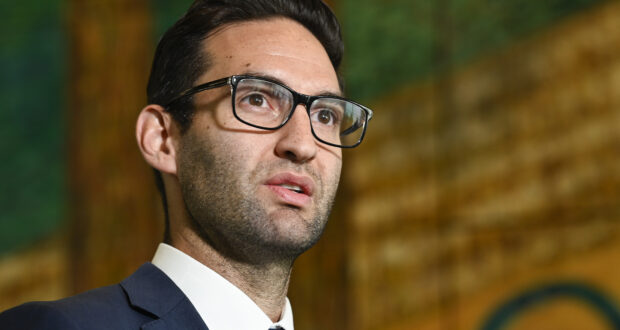Universities talk about widening participation – but how many ensure every student has a home to go to, so they really can participate?
Rent guarantor requirements are a routine part of student housing, yet they exclude those without family support. It’s time for the sector to take responsibility for removing this barrier.
Most students will need a rent guarantor to secure university halls or private housing.
Imagine how much harder that is if you can’t turn to family members for that support – often the case for young people that have experience of the care system or are estranged from their parents.
Young people in this position can face sofa surfing, dangerous housing situations and dropping out of university. According to NUS research in 2024, 14 per cent of low-income students are reconsidering university due to accommodation costs – with guarantor requirements cited as a major barrier.
Lack of information is a compounding issue. Students without easy access to a guarantor might not even know they need one until the moment they go to sign a new contract with peers – often with whom they have not shared their status and only known for a matter of weeks.
Getting things clear
At the Unite Foundation, we encourage all universities to include clear information about rent guarantors on their housing webpages and on any other pages specifically for students like care leavers, estranged, or international students. It’s vital that any student without UK family to rely on knows what a rent guarantor is before having to suddenly find one or miss out on a home at university.
In Summer 2025, we commissioned a student-led audit of over 180 university websites. 60% included clear information about rent guarantors. This is positive progress, up from 45% in 2024 and 36% in 2022 when we started this work. But that’s still 40% of university websites that don’t provide clear information about this key element of the university accommodation journey.
Impact of Renters Rights Act
When the Renters Rights Act comes into force in 2026, it will shift the challenge faced by students unable to secure a guarantor.
Despite lobbying by NUS for the abolition of guarantor requirements entirely, the Act will not stop landlords from requiring a guarantor, but it will limit upfront rent payments to a maximum of one month’s rent.
Whilst a positive step for the majority of students, the unintended consequence may be to prevent students who are unable to source a guarantor from making a large advance rent payment instead. Paying large advances causes its own set of issues for students, but is often seen as the lesser of two evils compared to homelessness.
It’s anticipated that the legislation may stimulate an increased market for commercial guarantor providers. Commercial providers – companies which act as guarantor for a fee – can be a valuable service, but it is a varied market that sits outside Financial Conduct Authority regulation.
Emerging fees can be between 4 and 15 per cent of annual rent if paying upfront, and up to 20 per cent if paying monthly. Disadvantaged students paying an unregulated premium to access a routine tenancy would be a perverse outcome of measures intended to strengthen tenant rights.
What are the alternatives?
The Unite Foundation has launched our Blueprint for a #HomeAtUniversity – a guide to support universities in ensuring a safe and stable home for care experienced and estranged students. We set out six areas through which universities and PBSA providers can use housing as a widening participation tool. And removing the rent guarantor barrier is one of these.
We know that the context of each university is different, and there are different ways to approach removing the rent guarantor barrier.
Universities like Imperial and Cardiff offer their own guarantor schemes. Some university halls don’t require a guarantor at all. Other universities cover the cost of a commercial guarantor provider, through a negotiated partnership between provider and university.
And it’s great to see Unite Students, our founder and long-term champion, pilot an approach enabling their university partners to step into the role of guarantor for care-experienced and estranged students, at zero cost or risk.
Availability of safe, affordable accommodation is at the heart of many current social policy debates and like wise is fundamental to the sustainability and accessibility of higher education.
There are significant structural issues at a national level in ensuring a home at university for all students – including lack of coordination between universities and local authorities and the level of student maintenance loan. At the Unite Foundation, we do not believe that practice in universities and PBSA providers should replace systemic change. But we also believe that whilst we wait for that change, there is more impact that accommodation providers at university can make.
At the Unite Foundation we are here to help with case studies and peer support webinars sharing what is happening on the ground in the sector. If you deliver an intervention evidenced to support a safe and stable home at university for care experienced and estranged students, or if you want to learn more about what your university could be doing, please get in touch.
A safe and stable #HomeAtUniversity isn’t a luxury — it’s a prerequisite for participation, success, and equity in higher education.










